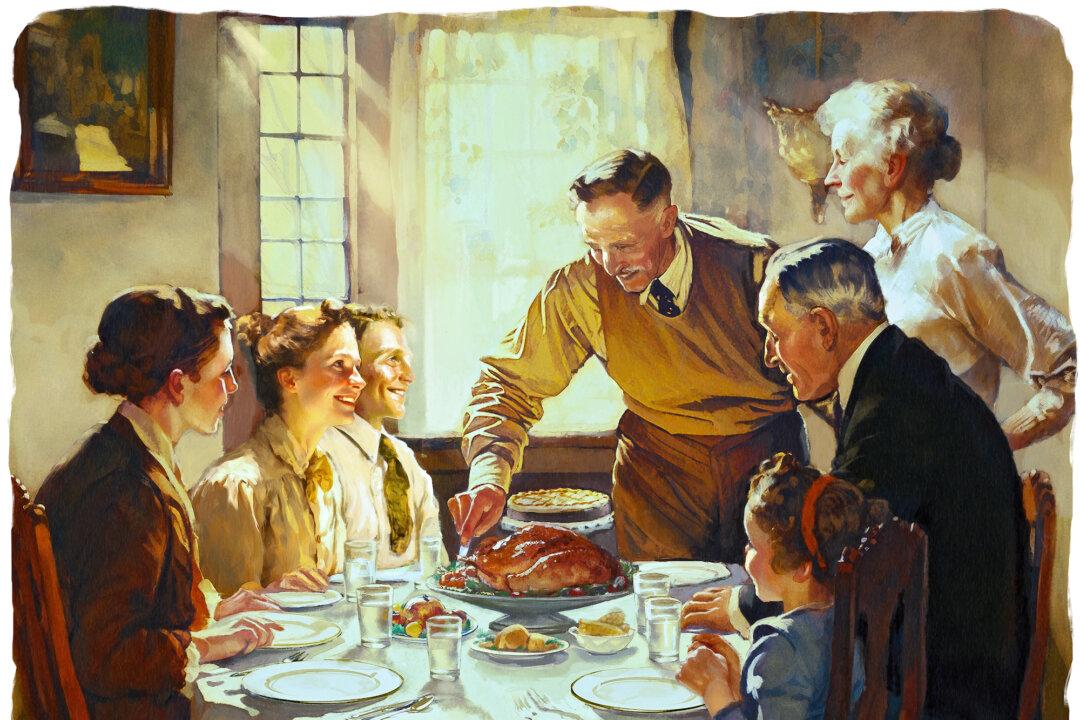Commentary
This holiday season, you are likely to end up seated near a person who thinks you voted wrong. They may even think you’re evil and try to set you straight.

This holiday season, you are likely to end up seated near a person who thinks you voted wrong. They may even think you’re evil and try to set you straight.